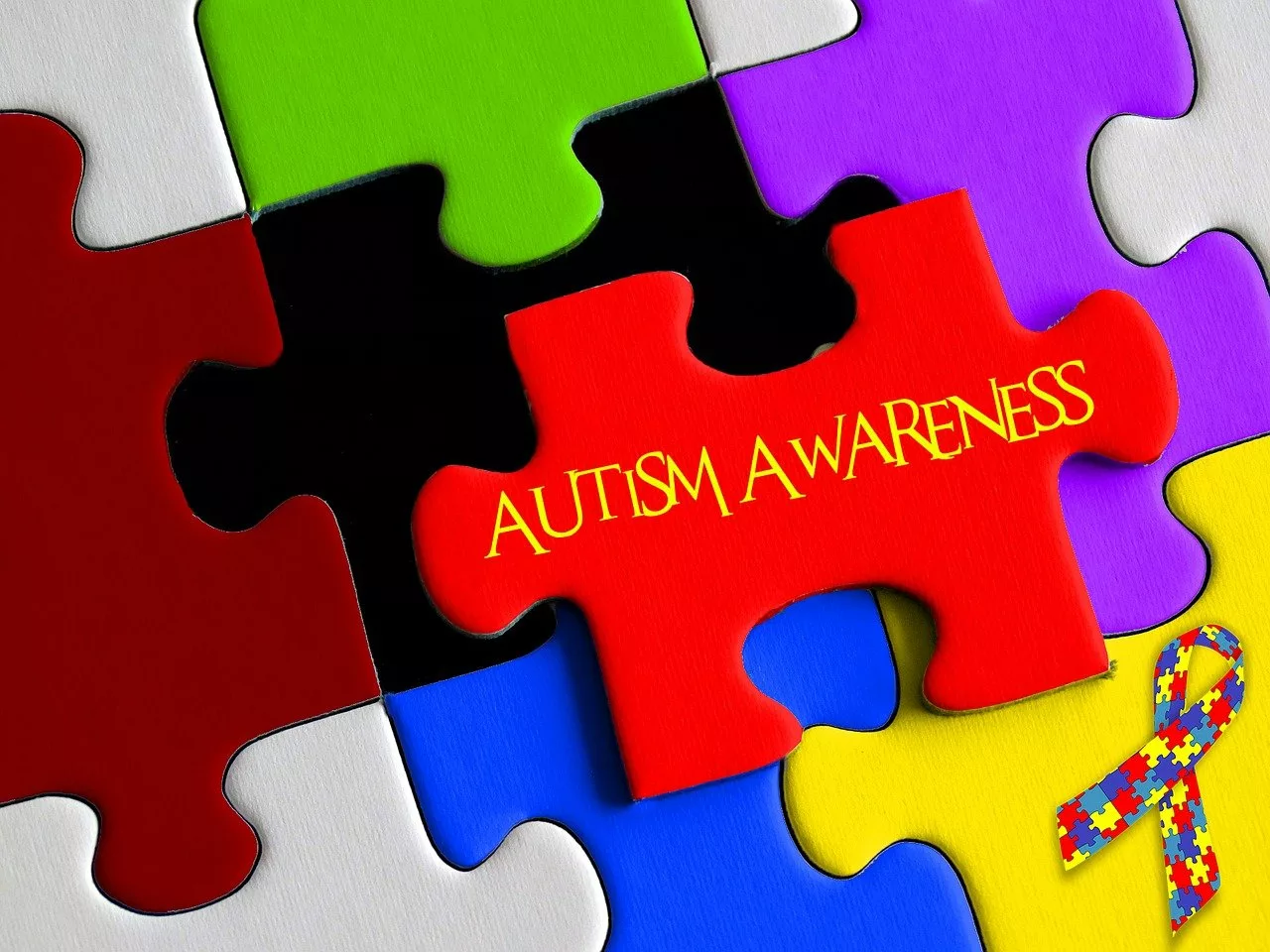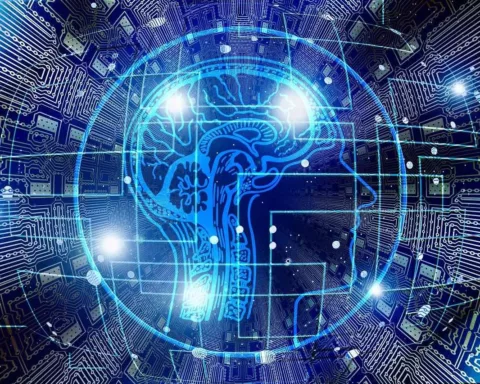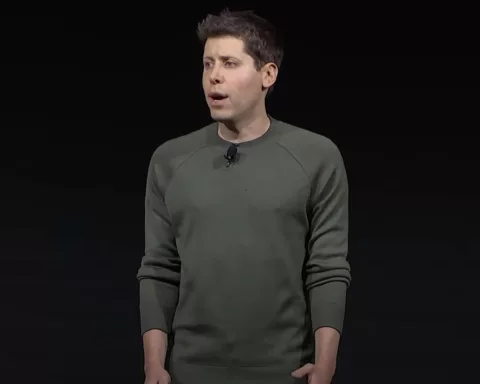An article by Wired published earlier today revealed that ChatGPT, an advanced AI chatbot, has become an invaluable tool for some autistic individuals. The chatbot’s ability to mirror their unique communication style has made it a preferred conversational partner for many.
Madi Young, a consultant based in Seattle, is one such individual who has found solace in ChatGPT. Young, who is autistic, uses the chatbot for therapeutic conversations and as a brainstorming partner. The chatbot’s ability to focus solely on words, without the distractions of body language and social cues, has been particularly beneficial.
Young also uses ChatGPT in their work with neurodivergent entrepreneurs, helping them develop effective communication strategies. The chatbot has even been used in workshops to teach other neurodivergent entrepreneurs how to leverage its capabilities.
ChatGPT has also proven to be a valuable resource for Hadley Johnston, a first-year college student at Iowa State University. Johnston uses the chatbot to help articulate her emotions during conflicts, providing her with a sense of independence:
“I kind of go silent in those situations. Having ChatGPT, I didn’t have to go to my parents for this.“
However, the use of ChatGPT is not without its challenges. The chatbot can sometimes produce biased or fabricated responses, and there are concerns about privacy due to the use of personal information. Users are advised to familiarize themselves with the chatbot’s terms of service and understand its limitations.
Despite these concerns, many autistic individuals find value in ChatGPT. Maxfield Sparrow, an autistic individual who facilitates support groups, uses the chatbot to develop new material for group sessions. Sparrow has found that the chatbot’s suggestions resonate well with neurodivergent individuals.
While ChatGPT is not a replacement for human connection, it provides a unique form of support for some autistic individuals. As the technology continues to evolve, its role in supporting neurodivergent individuals will likely continue to grow.





